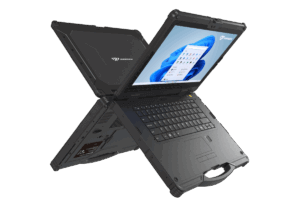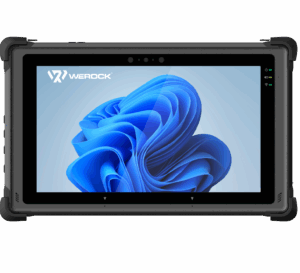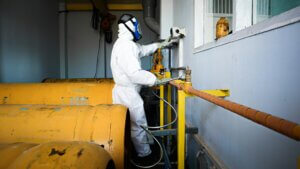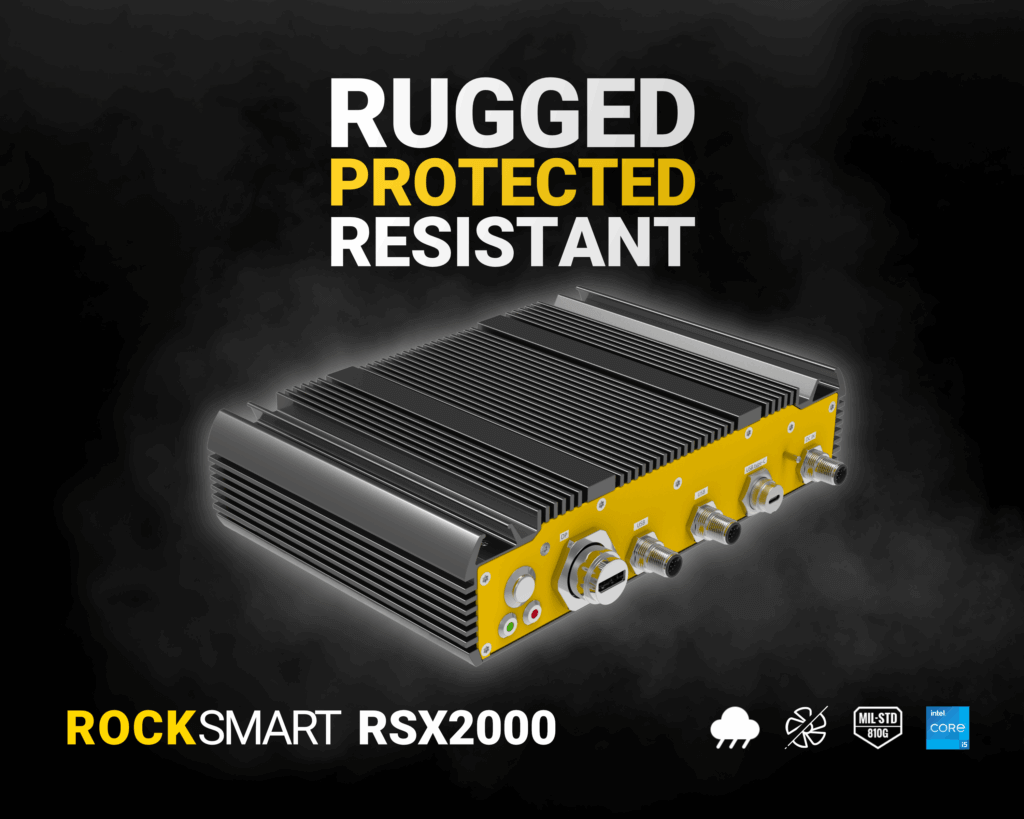In industry, it’s not just precision and speed that count, but also durability. Technology plays a central role, especially in demanding environments such as machine halls, construction sites, or vehicle fleets. A key factor for success: vibration-resistant industrial computers. But why are they so important—and how do they contribute to the longevity of machines and processes?
Protection against downtime and data loss
In many industrial applications, constant vibrations and occasional shocks are part of everyday life – for example, in production lines, mobile workstations, or vehicles. Conventional computers are often unable to cope with such stresses, resulting in data loss, hardware defects, and unplanned downtime.
A vibration-resistant industrial PC is specially designed for such conditions. Robust construction, vibration-damping components, and shock-resistant housings ensure that systems run reliably – even when everything around them is shaking.
Greater operational reliability, less downtime
Industrial computers with increased vibration resistance are not only stable, but also designed for continuous operation – ideal for 24/7 applications under harsh conditions. The increased reliability reduces costly production downtime and ensures consistent process quality.
Ideal for mobile or portable systems
Whether in agricultural machinery, commercial vehicles, or industrial trucks, hardware in mobile systems is exposed to enormous stresses. Only robust, vibration- and shock-resistant computers can offer stable and reliable performance over the long term.
Typical areas of application:
- Mobile machine control
- Construction and agricultural technology: GPS-supported lane guidance and telematics, as well as the processing of important sensor data such as soil moisture, soil hardness, and position, enable precise control and optimized workflows.

Embedded computers: The heart of intelligent maintenance and long-lasting machines
A vibration-resistant embedded computer is not only robust—it is the central link between the machine, sensor technology, and data evaluation. In modern industrial plants, embedded systems are increasingly taking on control, analysis, and monitoring functions. As a result, they make a decisive contribution to extending machine life and increasing operating efficiency.
Predictive maintenance: Embedded computers as smart interfaces
Predictive maintenance is based on continuous monitoring of machine conditions. Sensors record vibrations, temperatures, running times, and pressure curves. However, it is the embedded computer that processes this data directly on the machine—often in real time and without a cloud connection.
His responsibilities:
- Data collection and preprocessing
- Analysis and pattern recognition
- Forwarding maintenance recommendations to central systems
According to a study by McKinsey, appropriate measures can reduce downtime by up to 50% and maintenance costs by 20–40%.
Real-time process monitoring and status control
Embedded systems continuously monitor critical values in many machines. They analyze tolerance deviations, issue alarms in the event of deviations, and document operating data for quality assurance purposes.
This ensures:
- Early detection of wear and malfunctions
- Precise control of sensitive processes
- Consistent quality and safety
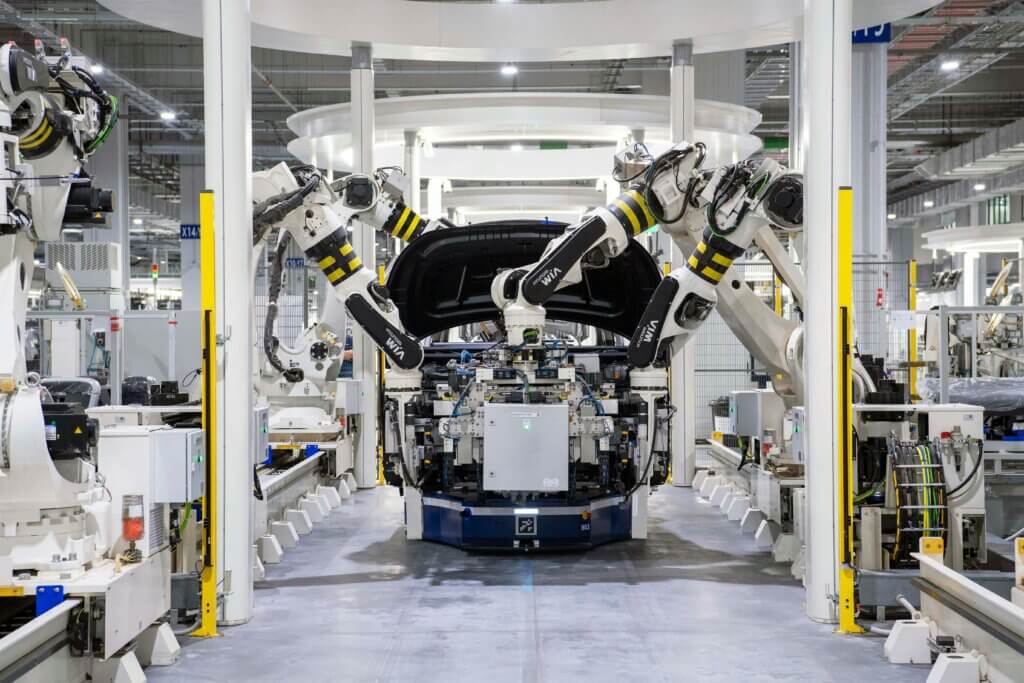
Longer service life thanks to optimal control
In many applications, embedded computers perform not only monitoring but also control functions. Adaptive control, intelligent start-up processes, and optimized load distribution enable the wear and tear of technical components to be reduced in a targeted manner.
Examples:
- Soft start and temperature management for motors
- Intelligent speed and pressure control
- Gentle operation at partial or full load
Lower maintenance costs – thanks in part to remote access
Many modern embedded systems enable remote monitoring, remote updates, and centralized diagnostics—even in hard-to-reach systems or globally distributed machine fleets.
Conclusion: Robust embedded systems – the underestimated efficiency booster
Vibration-resistant embedded computers are much more than just robust hardware components—they are the digital backbone of modern machines and systems. With their ability to collect and evaluate data directly on site and control processes in real time, they make a decisive contribution to extending machine service life, reducing maintenance costs, and ensuring uninterrupted operation.
Especially in harsh environments such as production lines or vehicles, vibration-resistant systems ensure maximum reliability and process stability – a real efficiency booster in industrial practice.
Our solution: Rocksmart RSX2000 – reliable. robust. intelligent.
With the Rocksmart RSX2000, WEROCK offers a powerful industrial embedded computer that has been specially developed for demanding industrial environments. The fanless box PC combines extreme robustness with high computing power – ideal for predictive maintenance, edge computing, machine control, and more.
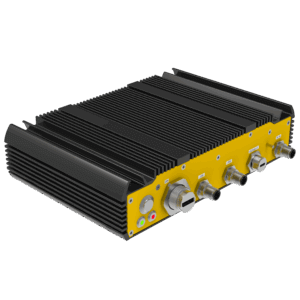
Advantages at a glance:
- Resistant to vibrations, dust, and temperature fluctuations
- Compact, fanless, and suitable for 24/7 operation
- High connection versatility for industrial interfaces
- Powerful Intel Core i5 processor
- Expandable and individually configurable
- Ideal for use in vehicles, machines, and control cabinets
Discover the Rocksmart RSX2000 now – robust industrial computers that impress with their reliability and performance in mechanical engineering.
Learn more: https://www.werocktools.com/industrial-computers/embedded-box-pcs/rocksmart-rsx2000/
